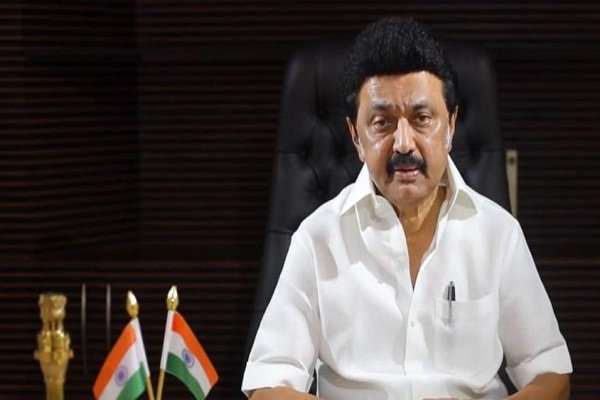In a significant boost to Tamil Nadu investment landscape, the state has successfully sealed investment pacts valued at over $4.39 billion with prominent entities, including Apple suppliers Tata Electronics and Pegatron, as well as auto giant Hyundai Motors. These strategic agreements, unveiled at a meeting of global investors, signify a substantial economic injection into the region and are poised to generate numerous employment opportunities.
Tata Electronics, a key player in the Tata Group, has committed to investing 120.8 billion rupees for mobile phone assembly operations. This move aligns with India’s growing importance to Apple as a key driver of its future growth, prompting the tech giant to diversify its production away from China. Pegatron, a Taiwan-based supplier for Apple, is set to invest 10 billion rupees in expanding its production capabilities. Notably, Pegatron is actively working on establishing a second factory in India, complementing Tata Group’s initiation of iPhone assembly operations in the country last year.
“The Tamil Nadu government will support investors in every way possible,” stated Chief Minister M. K. Stalin during the signing ceremony, emphasizing the state’s commitment to facilitating and fostering investments. He expressed the state’s eagerness to play a significant role in India’s overall economic growth.
The investment agreements announced on Sunday also include a notable commitment from JSW Energy, which is set to invest 120 billion rupees in the development of renewable energy projects. This aligns with the broader global shift toward sustainable practices and renewable energy initiatives.
In the automotive sector, Hyundai Motors, a major player in the industry, has pledged an investment of 61.80 billion rupees. Part of this investment is earmarked for electric vehicle (EV) battery and car manufacturing, reflecting the increasing focus on the burgeoning electric vehicle market. This move by Hyundai Motors underscores the industry’s transition toward cleaner and more sustainable mobility solutions.
The deals announced during the global investors’ meeting are anticipated to be instrumental in generating thousands of job opportunities in Tamil Nadu. The state’s proactive approach in attracting investments from key sectors, including electronics, automotive, and renewable energy, is poised to contribute significantly to its economic growth.
These developments come on the heels of Vietnamese EV maker VinFast’s announcement on Saturday to establish its initial manufacturing facilities in India. VinFast is set to invest up to $2 billion in Tamil Nadu, further diversifying the automotive landscape in the country and tapping into the potential of the world’s third-largest vehicle market.
The investment agreements with global giants like Tata Electronics, Pegatron, Hyundai Motors, and others not only signify the state’s attractiveness for business but also underscore the broader trend of multinational corporations diversifying their production bases. As India emerges as a key player in the global market, strategic investments from tech and automotive leaders reflect the country’s growing significance in the world economy.
Tamil Nadu’s focus on renewable energy projects aligns with broader sustainability goals, contributing to the nation’s efforts in transitioning toward cleaner energy sources. The commitment of major players like JSW Energy underscores the importance of green initiatives in the overall economic landscape.
The recent investment pacts inked by Tamil Nadu highlight the state’s appeal to global investors and its efforts to foster economic growth through strategic collaborations. These agreements not only bring substantial financial investments but also pave the way for technological advancements, job creation, and the development of sustainable practices in key sectors, positioning Tamil Nadu as a key player in India’s economic trajectory.
